There’s nothing like a good piano concerto and, sad to relate, Thomas Adès’s long-awaited first proper attempt at the genre is nothing like a good piano concerto. Not in the version we heard at its UK première in the Royal Festival Hall, anyway. What a disappointment! Perhaps Adès can rescue it, but he’d have to hack away at the score as ruthlessly as Bruckner dismantling his Third Symphony. That work wasn’t necessarily improved by its revisions but, honestly, almost anything would be an improvement on the first two movements of the 21-minute concerto performed by Kirill Gerstein and the LPO conducted by the composer.
You knew there was something wrong after ten seconds. The piano played a rapid sequence of notes against a busy orchestral accompaniment. It felt like we’d been dropped right into the middle of things. Gyorgy Ligeti’s Piano Concerto of 1988 does much the same thing; in fact, it’s hard to think of two pieces of music whose opening bars sound so similar. The crucial difference is that Ligeti’s piano is enhanced by pizzicato strings and tom-toms; the delicate scoring reveals that it’s all part of a metrical game. In contrast, Adès’s soloist and full orchestra tried to drown each other out. The result was confusion: you didn’t know what you should be listening to.
Where Ligeti keeps playing his game, Adès quickly swerves into late-romantic splashiness. Andrew Clements in the Guardian called it ‘wrong-note Rachmaninov’, but that analogy would work better if the orchestra had stopped yelling for a second. Gerstein looked as if he wanted to call the landlord. Clements also heard traces of Prokofiev, Britten and of course Ligeti. I’d add Bartok to that list, and specifically the gentle piano chorale in the Adagio religioso of the Third Piano Concerto. Adès’s slow movement gave us solemn chords, too, but they were coloured battleship-grey and decorated by the piano’s meaningless, maddening repetition of a three-note figure.
If you think I’m being too harsh, listen for yourself. The Boston Symphony Orchestra, which commissioned the piece, has stuck a small clip of that section on Carnegie Hall’s Facebook page. It sounds as if the composer’s inspiration has completely dried up and he’s asked the soloist to twiddle any old thing until it returns. That’s not what you expect from Thomas Adès, who 20 years ago had more ideas than he knew what to do with.
If you go to the Boston Symphony’s YouTube channel, however, you can hear the last one and half minutes of the concerto. ‘Wow! Can’t wait to hear this’, someone has written underneath, and that would have been my reaction too if that’s all I had to go by. Parts of the finale had an irresistible jazzy sweep, reminiscent of Adès’s wicked send-up of 1930s dance music in his first opera, Powder Her Face, written when he was 24, half his current age. But even this was spoiled by some annoyingly barren piano writing.
What was Adès thinking? One thing he has in common with Britten is that he’s a top-notch pianist. More importantly, he’s written some of the most captivating piano music of any living composer. Last year the young British pianist Ashley Fripp recorded a recital that included Adès’s Concert Paraphrase on Powder Her Face, in which the composer extemporises on themes from the opera. It’s a glorious jeu d’esprit, gloriously performed. Fripp leaps over the technical traps set by a composer who is obviously himself a virtuoso of the instrument. Where were these sparkling textures in the piano concerto? If Adès had simply scattered a few bars of his Concert Paraphrase over the piece the whole thing would have been transformed.
The Wigmore Hall, meanwhile, devoted a whole day to the music of Mieczyslaw Weinberg (1919–96), a Polish-Jewish composer who fled to Russia at the outbreak of the war and stayed there. As the Weinberg expert Daniel Elphick told us before the afternoon concert, he was equally at home in the ‘Polish, Jewish and Soviet traditions’. The Soviet what? How do you feel at home in a ‘tradition’ that included the slaughter of millions of people as well as the relentless harassment of composers?
But, anyway, the sonatas for solo and double violins were deftly played by Linus and José Gallardo, and the soprano Ilona Domnich brought out the warmth and humour in the Jewish Songs. I expected the latter to be more harrowing, along the lines of Shostakovich’s plaintive treatment of Jewish material. They didn’t do much to dispel the notion that Weinberg is Shostakovich-lite. That may be unfair, but he does strike me as a sort of Soviet Telemann, an enormously gifted craftsman rather than a genius. It’s a good thing that his music is being revived, but let’s keep a sense of proportion.
Got something to add? Join the discussion and comment below.
Get 10 issues for just $10
Subscribe to The Spectator Australia today for the next 10 magazine issues, plus full online access, for just $10.
You might disagree with half of it, but you’ll enjoy reading all of it. Try your first month for free, then just $2 a week for the remainder of your first year.

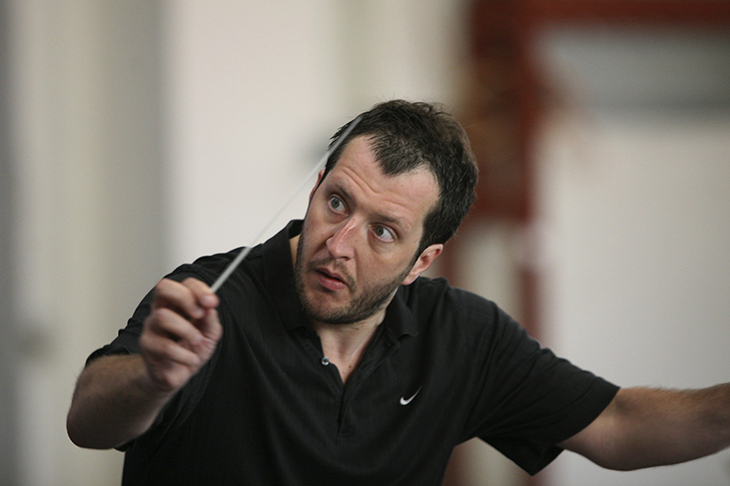
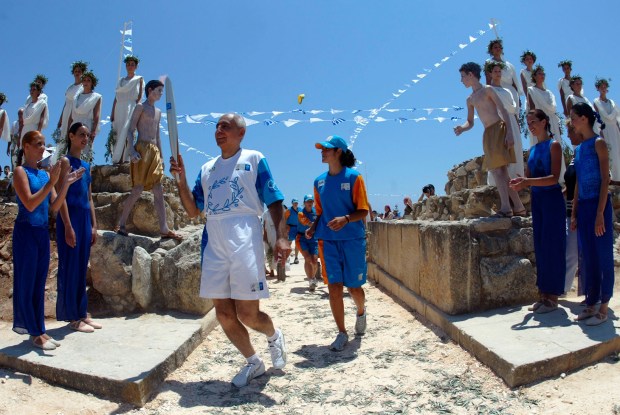
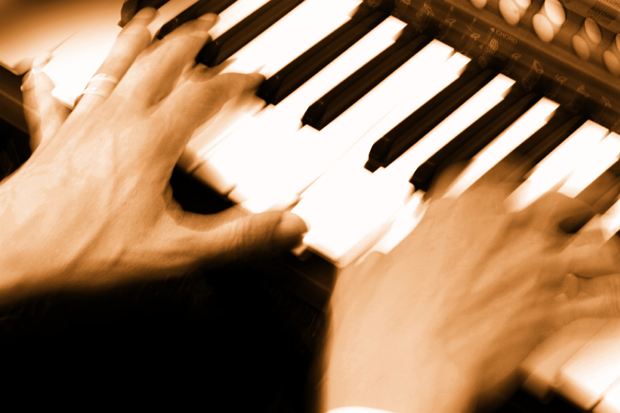

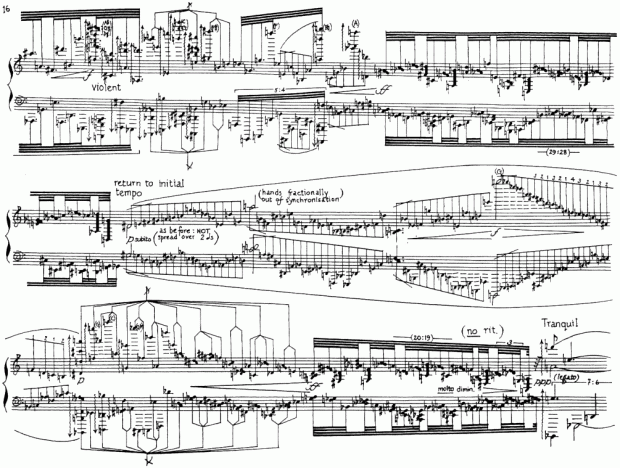
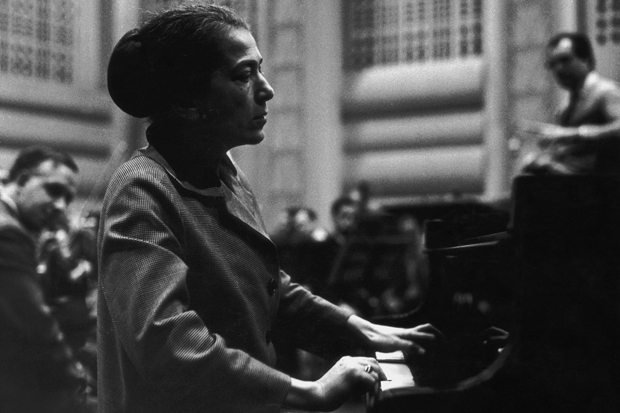






Comments
Don't miss out
Join the conversation with other Spectator Australia readers. Subscribe to leave a comment.
SUBSCRIBEAlready a subscriber? Log in